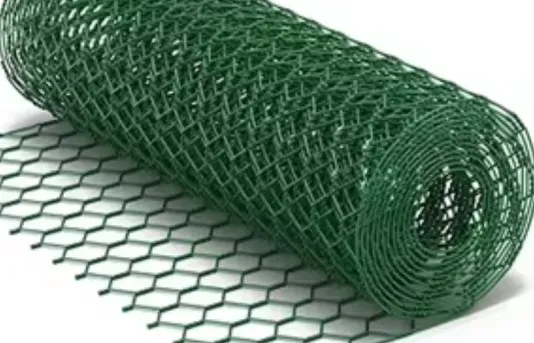-
 Phone:
Phone: -
 Email:
Email:

Exploring the Versatile Applications and Benefits of PVC Wire in Various Industries
The Versatility and Applications of PVC Wire
Polyvinyl chloride (PVC) wire is an essential component in various industries due to its excellent insulation properties, durability, and cost-effectiveness. PVC is one of the most widely used synthetic plastics, and when it comes to wiring, its unique characteristics make it an ideal choice for electrical applications. This article explores the features, benefits, and various applications of PVC wire.
Understanding PVC Wire
PVC wire typically consists of copper or aluminum conductors coated with a PVC insulation layer. This insulation serves to protect the conductors from environmental factors such as moisture, heat, and chemicals, as well as to prevent electrical leakage. The flexibility of PVC allows the wire to be easily manipulated during installation, making it suitable for various applications.
Key Features of PVC Wire
One of the primary advantages of PVC wire is its excellent electrical insulation properties. PVC can withstand high voltages, making it safe for use in a variety of electrical applications. Additionally, PVC is resistant to flames, which improves safety in environments where wiring may be exposed to fire hazards. The material is also characterized by its resistance to moisture and chemicals, which helps prolong the lifespan of the wire in demanding conditions.
Another remarkable aspect of PVC wire is its flexibility. Unlike other types of insulation, PVC remains pliable even at lower temperatures, allowing it to be used in diverse environments. This characteristic not only simplifies installation but also reduces the risk of the wire cracking or breaking under mechanical stress.
Applications of PVC Wire
pvc wire

The versatility of PVC wire has led to its widespread use across numerous sectors. Here are some common applications
1. Residential and Commercial Wiring PVC wire is widely used in homes and commercial buildings for electrical installations. Its insulation properties make it ideal for household wiring, as it ensures safety and efficiency.
2. Automotive Industry In vehicles, PVC wire is used for various electrical systems, including lighting, ignition, and electronic controls. Its durability and resistance to harsh conditions make it well-suited for automotive applications.
3. Industrial Equipment Many manufacturing and industrial facilities utilize PVC wire for machine and equipment wiring. The resistance to chemicals and moisture makes it suitable for environments where machinery is exposed to various substances.
4. Telecommunications PVC wire is also used in the telecommunications sector for data transmission. Its excellent insulation reduces signal interference, resulting in clearer audio and video transmission.
5. Power Distribution PVC wire plays a vital role in power distribution systems. It is used for overhead and underground wiring, ensuring reliable delivery of electricity from substations to consumers.
Conclusion
In conclusion, PVC wire is an indispensable part of modern electrical systems. Its unique properties, including excellent insulation, flexibility, and resistance to environmental factors, make it ideal for a wide range of applications, from residential wiring to industrial applications. As technology advances and demands for reliable electrical solutions continue to grow, the use of PVC wire is expected to remain prevalent in the electrical and telecommunications industries. Whether you are an electrician, an engineer, or simply a homeowner looking to enhance electrical safety, understanding the benefits and applications of PVC wire is essential for making informed choices in wiring projects.
-
Reinforce Your Projects with Versatile Hexagonal Wire MeshNewsSep.12,2024
-
PVC WireNewsSep.12,2024
-
Maximize Your Closet Space with Clothes Hanger WireNewsSep.12,2024
-
Enhance Safety and Stability with Premium Rock Netting SolutionsNewsSep.12,2024
-
Bucket Handle WireNewsSep.12,2024
-
Baling Wire: Your Ultimate Solution for Securing and BundlingNewsSep.12,2024
-
What’s the Cost of Securing Your Property? Breaking Down Barbed Wire Fence PricesNewsAug.30,2024








